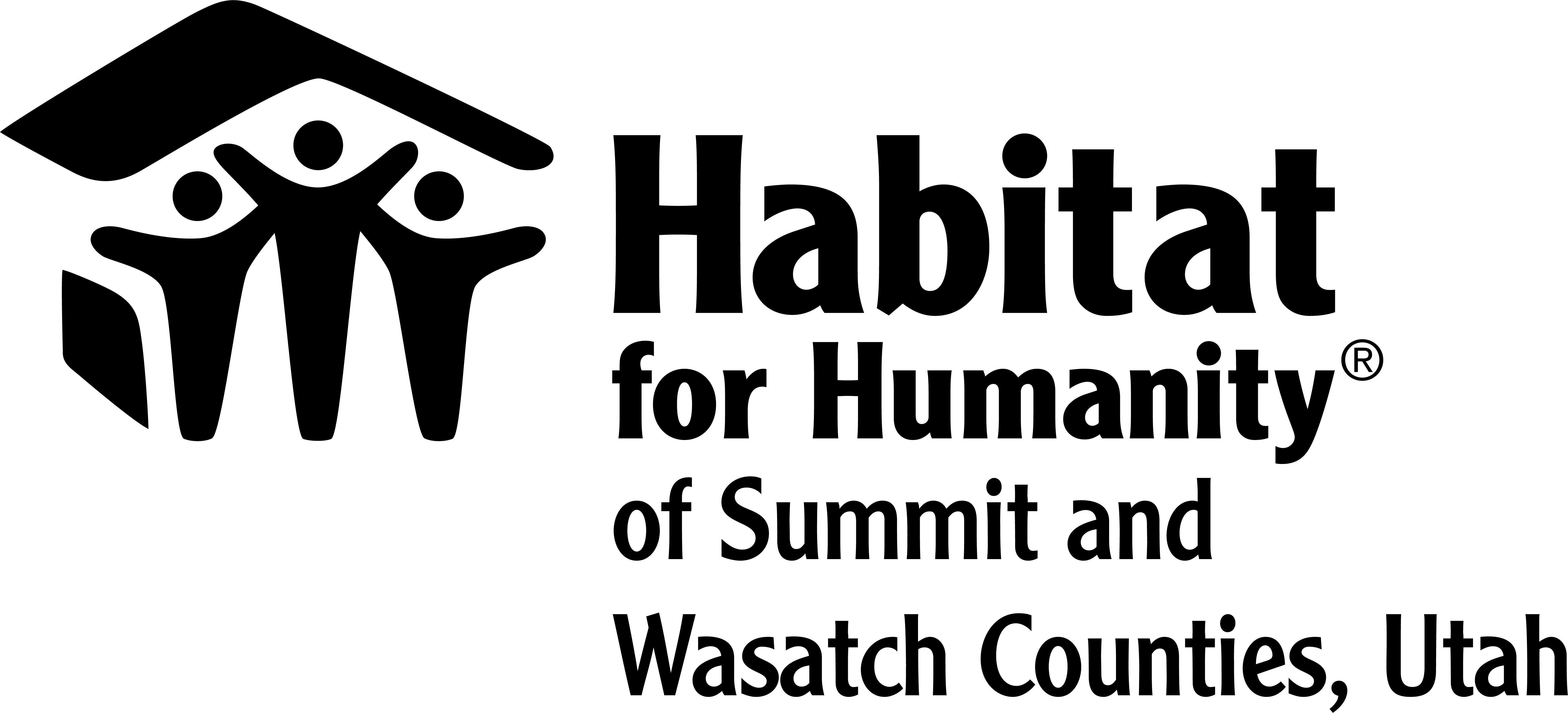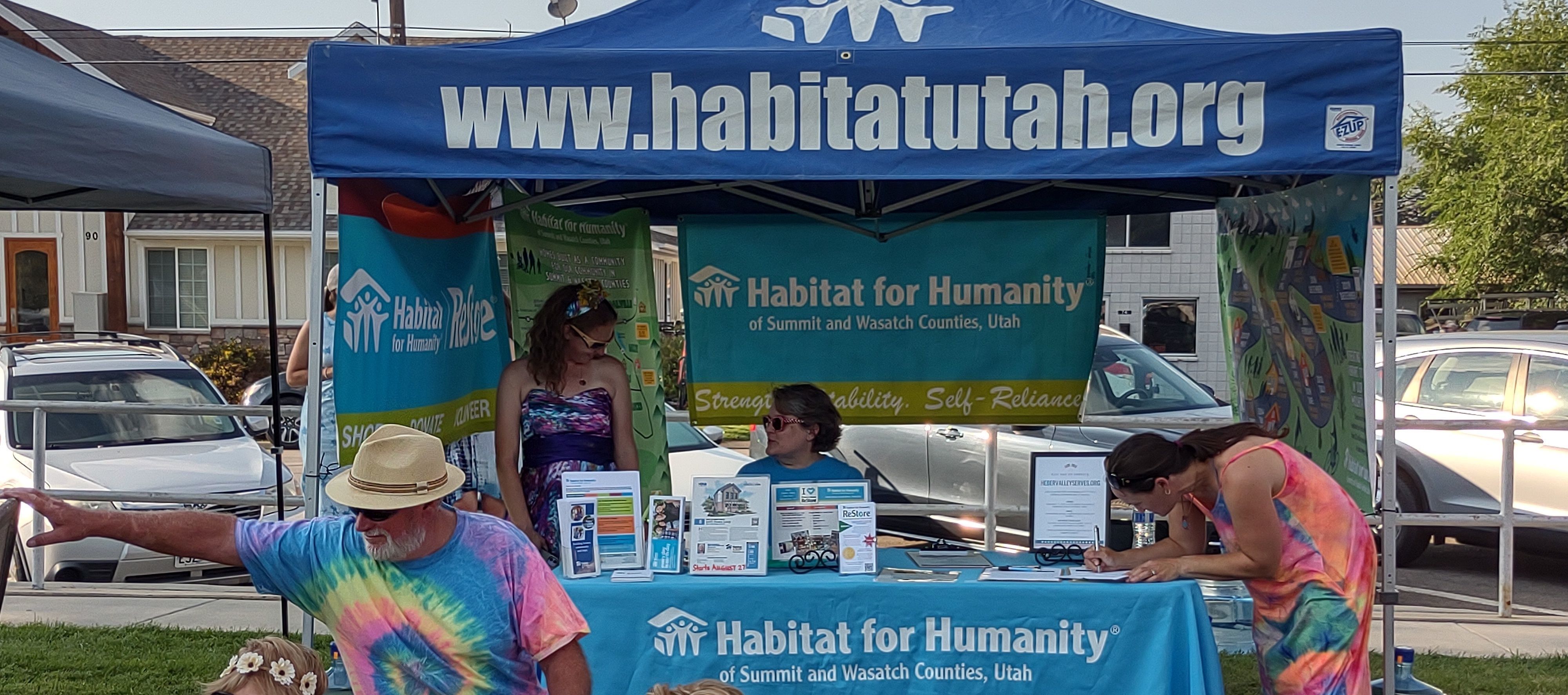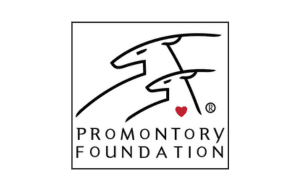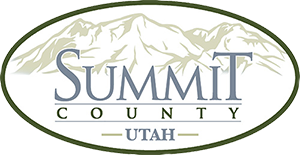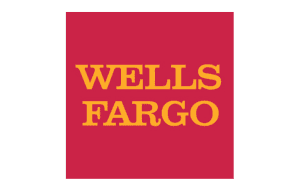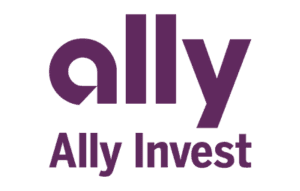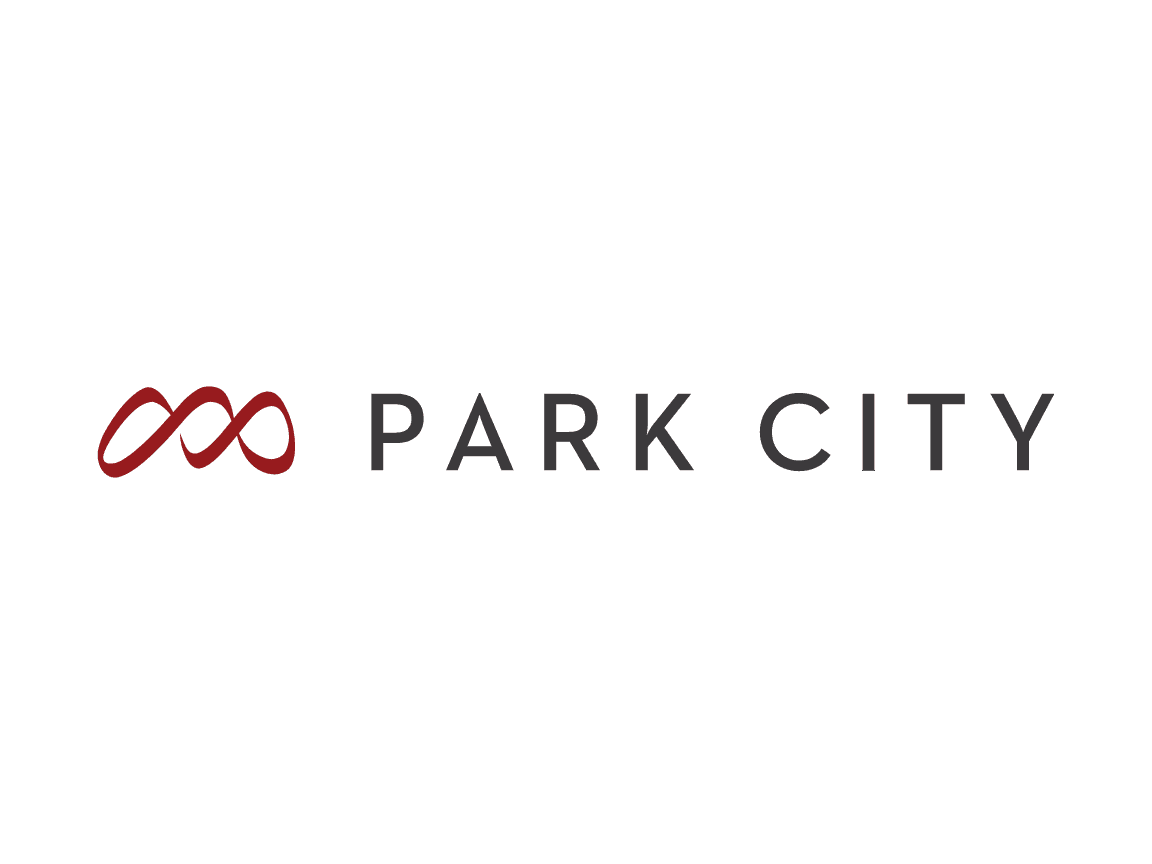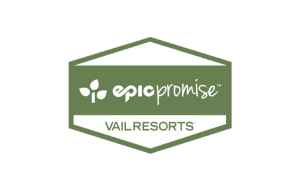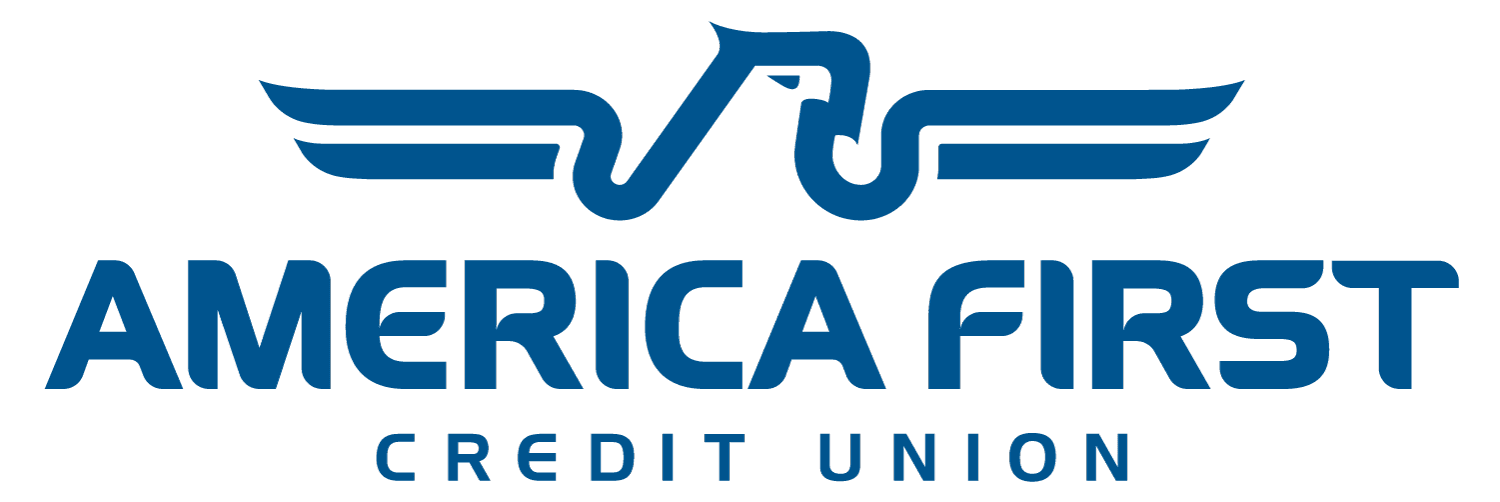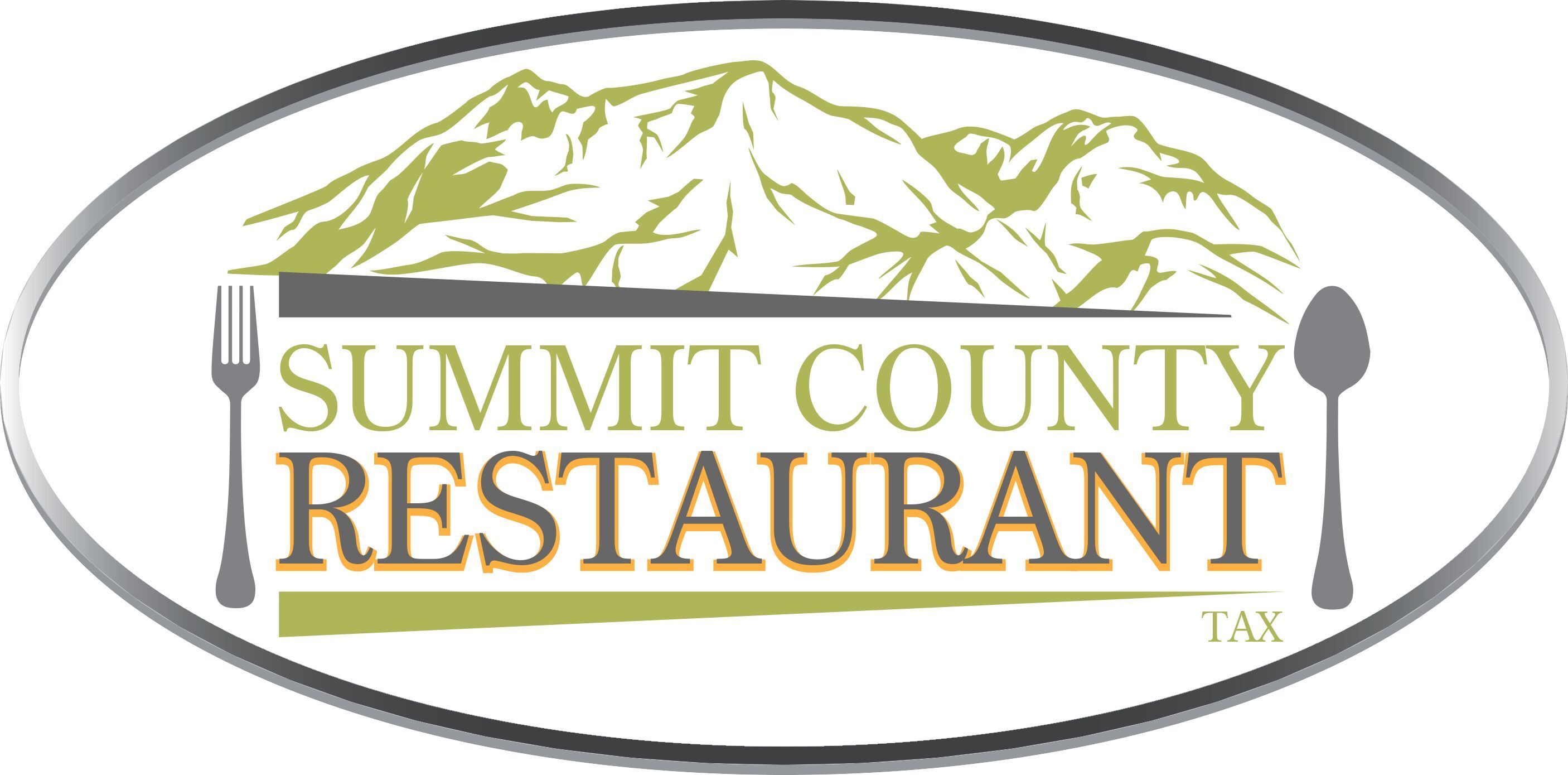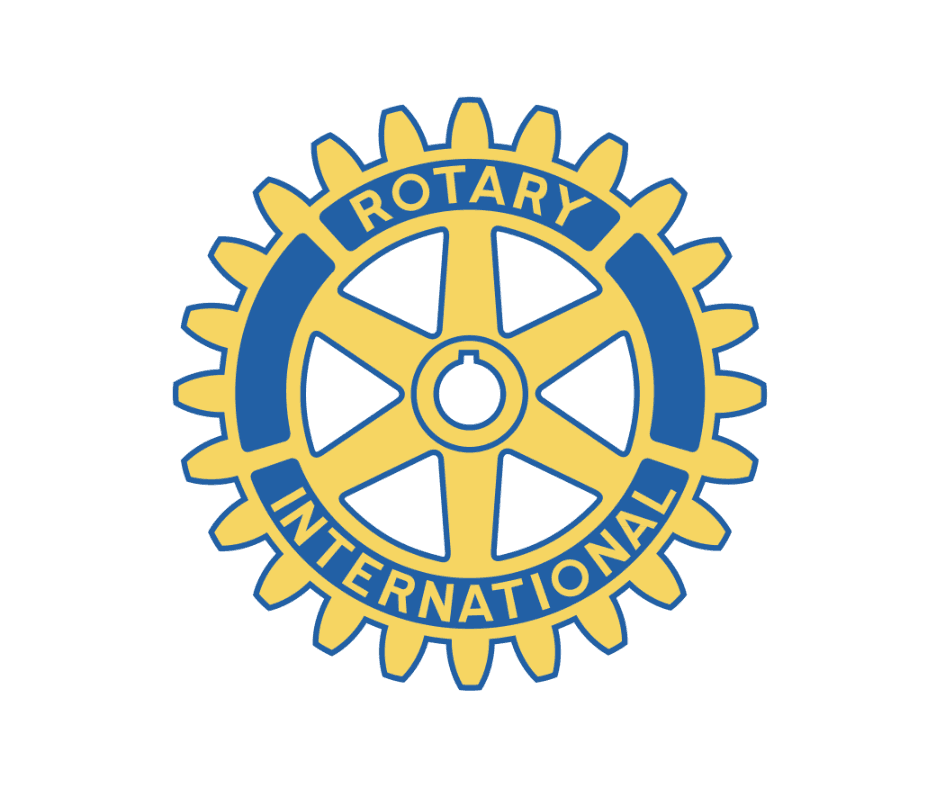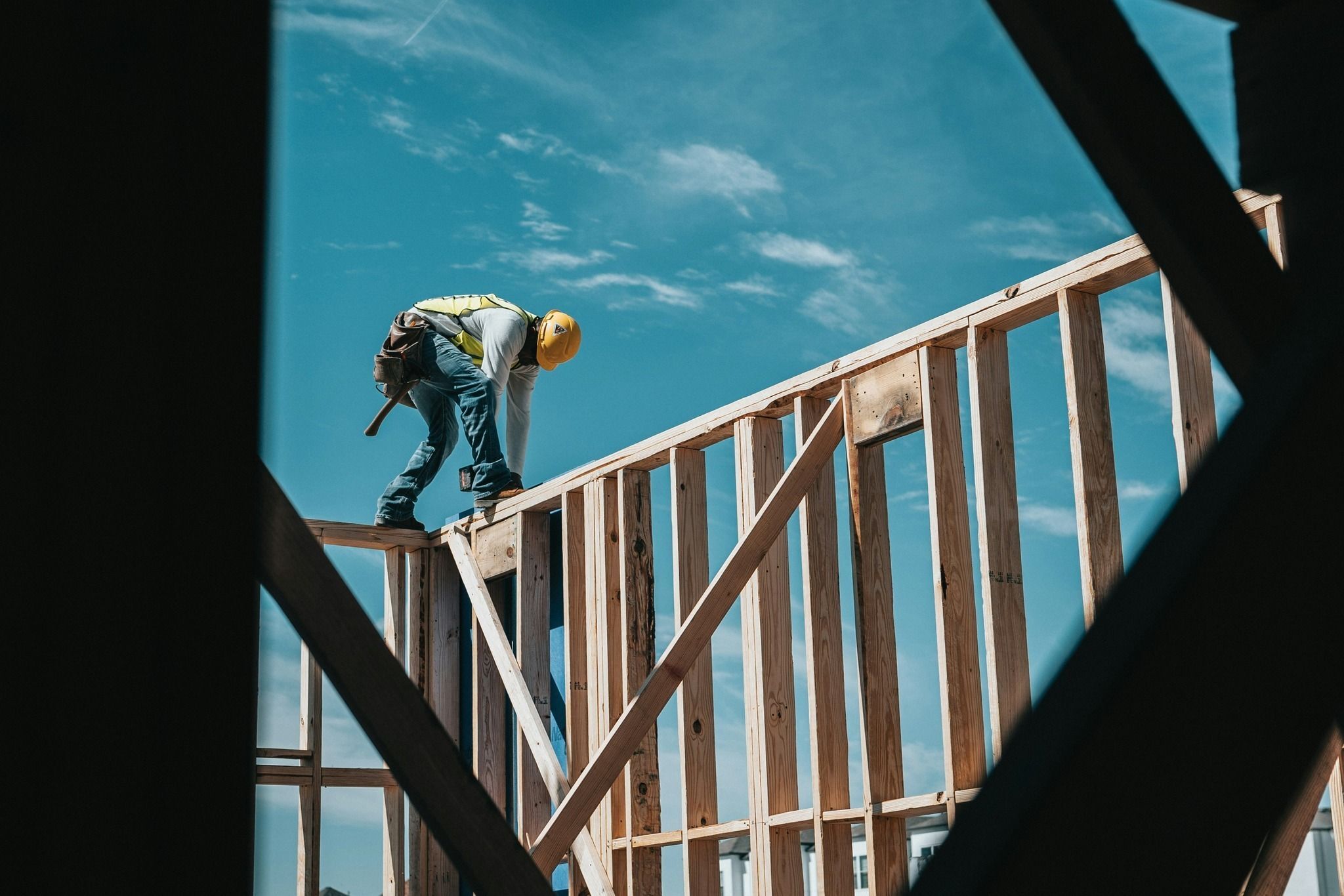
Habitat for Humanity is committed to building sustainable homes at the lowest possible cost. When building or repairing a Habitat home, we focus on water and energy efficiency, conserving materials, and ways to increase the health and safety of our homeowners.
Using green building techniques and materials increases a home’s durability and efficiency while using fewer resources. And that means lower utility costs, which are typically a homeowner’s second-highest monthly expense after the home’s mortgage. These building practices also improve indoor air quality to reduce homeowners’ health risks.
Why Habitat for Humanity Uses Sustainable Building Practices
Sustainable building practices aren’t only good for the planet, but they’re good for the homeowners we serve. Making smart choices with a home’s HVAC, insulation, lighting, windows, and appliances can make a big difference in reducing a family’s monthly expenses.
There are many ways in which green building practices can cut costs for homeowners. For example, buying energy-efficient windows may cost more up-front than purchasing standard windows. Still, they can significantly reduce heating and cooling costs, leading to large financial savings over time. Similarly, energy-efficient lighting lasts longer than traditional lighting. It also keeps a home cooler, which lowers your electric bill. And installing water-saving features such as low-flow showerheads reduces overall water usage, which then lowers utility costs.
Energy efficiency also contributes to creating a healthier environment inside the home. In the design and construction process of a Habitat home, we address common air quality issues, such as moisture, mold, proper ventilation, and the presence of radon and carbon monoxide. The building materials we choose help us ensure that Habitat homes are as safe as possible for the families that live in them.
Our commitment to sustainable building practices is one way we give homeowners a hand up by building better lives through elevating living standards and reducing future home expenses.
Habitat Builds Zero Energy-Ready Homes
Habitat for Humanity works with many partners to improve our sustainable building practices and the quality of the homes we build and repair. The single family detached homes we built in Silver Creek Village in Summit County qualified for the Zero Energy Ready Home Program from the Department of Energy (DOE), which means that they meet very high requirements for saving energy, maintaining durability, and improving the health and comfort of a home’s residents.
When we construct a Zero Energy Ready Home, we follow six steps to achieving energy efficiency:
- Committing to constructing a home that offsets all or most of its annual energy consumption in accordance with the DOE Zero Energy Ready Home standards.
- Using energy modeling software to estimate a home’s energy needs and analyze our design and energy decisions.
- Sealing and insulating the home effectively.
- Designing heating and cooling systems that reduce the home’s energy needs.
- Choosing ENERGY STAR-certified appliances and LED bulbs since appliances can make up as much as 60% of a home’s energy load.
- Designing homes to be solar-ready so rooftop solar can be installed during or after construction.
Volunteer to Build Energy-Efficient Homes with Us
To learn more about Habitat for Humanity’s sustainable building practices or to share energy-efficiency ideas with us, please contact us at info@habitat-utah.org. To volunteer to build or repair a home with us, please complete our volunteer application.
